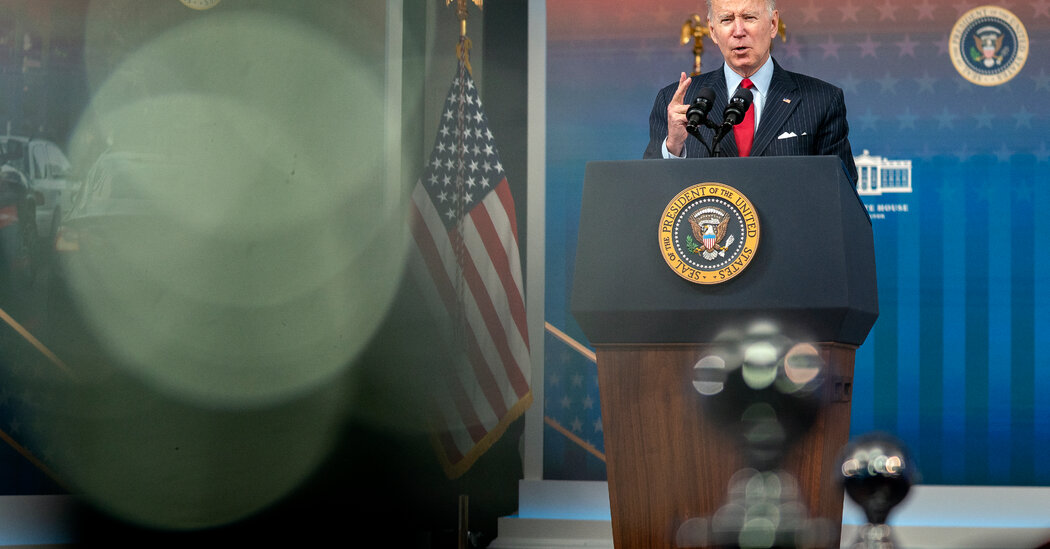
Representative Steve Scalise of Louisiana, the second-ranking House Republican, echoed that criticism on Twitter: “This is Biden and Dems in Congress helping pay the reporters’ salaries who cover for them.”
The tax credit would be an unusual instance of federal aid for news organizations, but it is not entirely new. Mr. Waldman noted that the Postal Act of 1792 gave many newspapers cheaper mail rates.
The Paycheck Protection Program, introduced during the coronavirus pandemic, was another example of the federal government’s reaching out to news organizations, and it allayed the qualms of some news publishers about accepting federal help. Over the past two years, media outlets across the country have received millions of dollars in forgivable loans through the program.
“Now it feels like a very different conversation, where there’s much greater willingness for there to be support,” said Damian Radcliffe, a professor at the University of Oregon School of Journalism and Communication.
In a study, he found widespread opposition to the idea of government subsidies for journalism only a few years ago. “I don’t think we’d be having this conversation if it were not for the impact of Covid and the role that played in accelerating challenges the sector has faced,” Mr. Radcliffe said.
The tax credit for local news publishers made its first appearance, as one of three main items, in the Local Journalism Sustainability Act, which was put before Congress in 2020. The bipartisan bill was reintroduced this year by its co-authors, Representatives Ann Kirkpatrick, Democrat of Arizona, and Dan Newhouse, Republican of Washington.
After the Local Journalism Sustainability Act stalled, the tax provision was broken off and tucked into the $2.2 trillion package. No House Republicans voted in favor of that legislation, a bill that Representative Lee Zeldin of New York, one of the Republicans who had supported the Local Journalism Sustainability Act, called a “monstrosity.”







